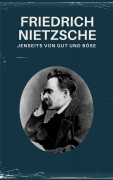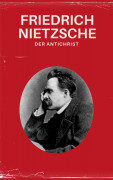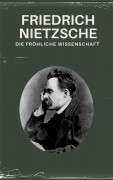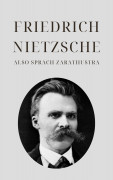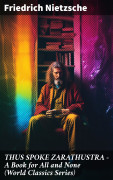Friedrich Nietzsche: Human, All Too Human
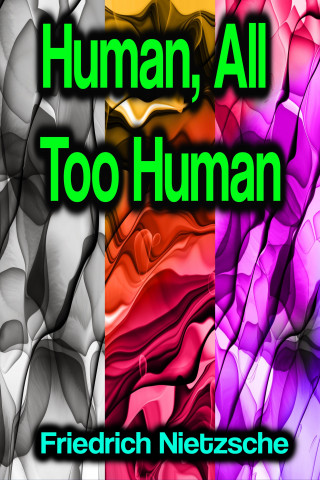
| Produkttyp: | eBook-Download |
|---|---|
| Verlag: | Phoemixx Classics Ebooks |
| Erschienen: | |
| Sprache: | Englisch |
| Seiten: | 444 (Druckfassung) |
| Format: | EPUB
Info▼
|
| Download: | 1,0 MB |
Human, All Too Human Friedrich Nietzsche - Human, All Too Human: A Book for Free Spirits (German: Menschliches, Allzumenschliches: Ein Buch für freie Geister) is a book by 19th-century philosopher Friedrich Nietzsche, originally published in 1878. A second part, Assorted Opinions and Maxims (Vermischte Meinungen und Sprüche), was published in 1879, and a third part, The Wanderer and his Shadow (Der Wanderer und sein Schatten), followed in 1880.The book is Nietzsche's first in the aphoristic style that would come to dominate his writings, discussing a variety of concepts in short paragraphs or sayings. Reflecting an admiration of Voltaire as a free thinker, but also a break in his friendship with composer Richard Wagner two years earlier, Nietzsche dedicated the original 1878 edition of Human, All Too Human to the memory of Voltaire on the celebration of the anniversary of his death, May 30, 1778. Instead of a preface, the first part originally included a quotation from Descartes's Discourse on the Method. Nietzsche later republished all three parts as a two-volume edition in 1886, adding a preface to each volume, and removing the Descartes quote as well as the dedication to Voltaire.This book represents the beginning of Nietzsche's "middle period", with a break from German Romanticism and from Wagner and with a definite positivist slant. Reluctant to construct a systematic philosophy, this book comprises more a collection of debunkings of unwarranted assumptions than an interpretation and "contains the seeds of concepts crucial to Nietzsche's later philosophy, such as the need to transcend conventional Christian morality";:back page he uses his perspectivism and the idea of the will to power as explanatory devices, though the latter remains less developed than in his later thought.

